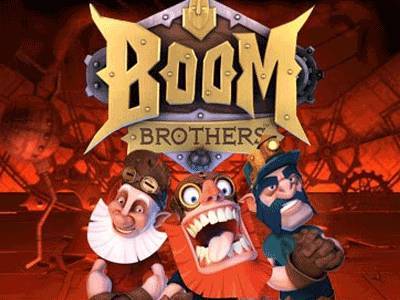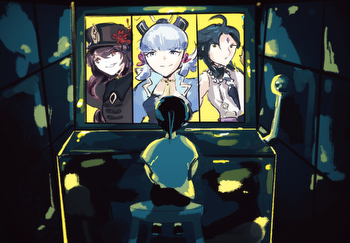Danish report demands more scrutiny of gambling elements in video games

The report, published in conjunction with the Danish Center for Social Science Research (VIVE), forms part of the government-mandated initiatives against gambling addiction which were proposed back in 2018.
While stopping short of concrete policy recommendations, the report suggested that further investigation of gambling-like mechanics is needed, and said that parents should become more involved and take co-responsibility for their children’s online activities.
It alsoargued that children should be educated further so they have greater understanding of the consequences associated with spending money on games.
“Parents have difficulty understanding children’s gaming – including the social dimensions of gaming – because the parents did not grow up with it themselves.
“But even though it seems understandable that conditions for understanding gaming are different from those of their children, it is problematic when parents’ (and other adults’) lack of understanding and experience with gaming manifests itself as stigmatising gamers and leading to conflicts and punishments.”
One problematic element highlighted by the report was that the use of loot-box microtransactions and skin betting are akin to online gambling. It added that children and young people may find these elements particularly exciting.
Loot boxes, common in games such as FIFA or Counter Strike: Global Offensive (CS:GO), give people the opportunity to spend real money on card packs or loot boxes, the contents of which are randomised. Skin betting, meanwhile, is the use of virtual objects within games to bet.
The study also found that influencers play a part in promoting skin betting via streaming on platforms such as Twitch or YouTube, which may be having an effect on the children who watch the gambling-like transactions are taking place on streams.
Although only a few young people from the data set were said to be affected, the report believes that these forms of gaming should be monitored more closely.
The report said: “Even though it can hardly be described as a widespread problem, this form of gambling calls for special attention, as it is clearly reminiscent of definite gambling.
“In the long run can be expected to accommodate a younger audience – even younger than the 15-to-19-year-olds surveyed, who can’t be expected to be able to control their participation in that kind of gambling.”
The report also made comparisons between gambling and online video gaming, and noted the lack of an option to set limits in online games, even though this has become commonplace in online gambling.
“Gambling-related elements of gaming appear more problematic than actual gambling because gaming uses algorithms and does not allow users to set limits on their spending.
“Gamers (when compared to gamblers) more very often are minors (under 18 years of age) and therefore can not be expected to have the mental capacity to understand the use of gambling-related elements in games.”
Other countries have taken concrete action against certain gambling elements in video games. Belgium banned the mechanic after ruling that loot boxes are an illegal form of gambling. Spain has considered a similar approach, opening a consultation on how best to regulate loot boxes.




































